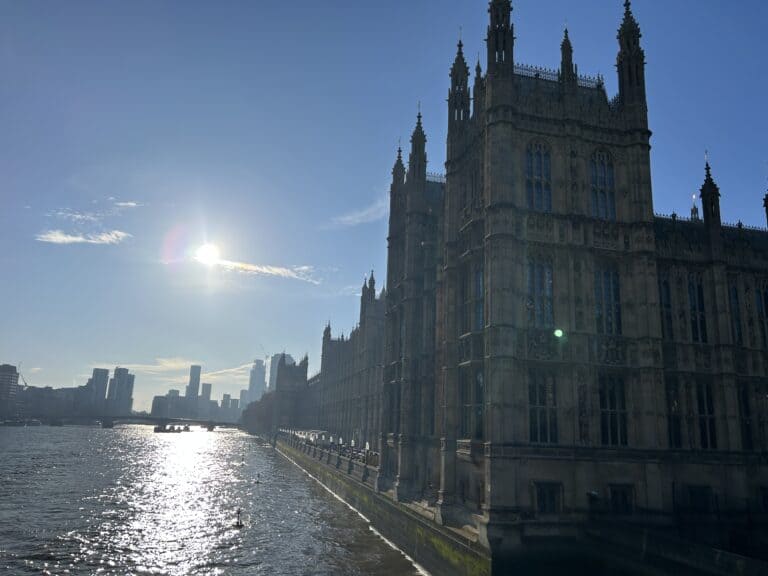Landlord insurance is similar to home insurance, but it is specifically designed to cover rental properties. If you are planning on renting out a property, it is important to understand the options available to you.
Standard home insurance policies are not designed to cover homes being rented, so a specialist landlord insurance policy can help ensure proper cover and protection in the event of a claim. Moreover, without a policy, you may be unable to secure a mortgage. Many lenders make having valid landlord insurance a mandatory condition of the loan.
This article explains the basics of landlord insurance to help you understand its worth.
Why Landlord Insurance Is Important
Landlord insurance can help protect you from financial loss resulting from the specific risks of owning a rental property. Although some risks are similar for all property owners (eg fire, flood and malicious damage), there are different risks for rental properties. For example, tenants could damage furnishings, regularly handed-down keys could threaten home security and tenants may default on rent payments. Fortunately, landlord insurance can be tailored to cover a wide range of risks.
Landlord Insurance Cover
Some insurance providers will offer extensive protection as part of a standard policy, while others will require you to “add on” extra elements to the main policy. Regardless, it is worth considering the following types of landlord insurance cover:
- Property owner’s liability insurance—This cover protects landlords against compensation claims when the property causes injury or damage to tenants or visitors.
- Cover for tenant default/loss of rent—This protects landlords if a tenant falls into arrears and—in some cases—during any void periods when the property is empty.
- Landlord contents insurance—This provides cover for the damage or theft of any fixtures, fittings or furnishings a landlord provides with the property. This may include carpets, white goods and furniture. Because items provided by tenants are not covered, this type of insurance may be of greater value in furnished lets.
- Accidental damage insurance—This provides cover should a tenant accidentally damage the property, leaving the landlord with out-of-pocket expenses.
- Buy-to-let buildings cover—This covers damage to the property resulting from fire, lightning, water, explosion or malicious damage.
- Employer’s liability insurance—This offers protection from claims that result from employee accidents on the property. It is a legal requirement for landlords to have employer’s liability insurance if anybody is paid to assist them in managing the property.
- Landlord’s legal protection—This may cover the costs of repossession and eviction proceedings should a tenant need to be evicted. Additionally, it offers protection against claims of negligence or injury.
Factors Affecting Cost
The amount you will pay for landlord insurance depends on a range of factors, including your claim history and the level of excess you choose. Additionally, other factors may influence your premium, including:
- Number of tenants
- Type of tenants (eg employed, student, house shares)
- Type of occupancy (eg residential, commercial or mixed-use)
- Property rebuild cost
- Property age and location
- Add-on cover (eg rental protection or home emergency cover)
Additional Considerations
Landlord insurance is usually taken out on a property-by-property basis. However, portfolio policies may be available to landlords who own four or more rental properties and want to insure them all concurrently. Therefore, if you have multiple rentals, you might benefit from investigating portfolio policies before deciding which insurance cover is best.
Regardless, before taking out any policy, make sure it provides the right level of protection for your specific needs. It’s not always the best idea to go with the cheapest quote you find. Instead, pay close attention to the small print. In particular, scrutinise excess fees, administration fees and the total value of insured assets.
Conclusion
When renting out a property, a valid landlord insurance policy is often a condition of your mortgage offer. Nevertheless, taking out landlord insurance can be a wise move to help ensure the safety of your property and offer vital protection for your assets and earnings.
For more information on landlord insurance, contact us today.
Legal Specific Disclaimer:
The following information is not exhaustive, nor does it apply to specific circumstances. The content therefore should not be regarded as constituting legal or regulatory advice and not be relied upon as such. Readers should contact a legal or regulatory professional for appropriate advice. Further, the law may have changed since the first publication of this information.
The content of this Cover Overview is of general interest and is not intended to apply to specific circumstances. It does not purport to be a comprehensive analysis of all matters relevant to its subject matter. The content should not, therefore, be regarded as constituting legal advice and not be relied upon as such. In relation to any particular problem which they may have, readers are advised to seek specific advice. Further, the law may have changed since first publication and the reader is cautioned accordingly. © 2022 Zywave, Inc. All rights reserved.












